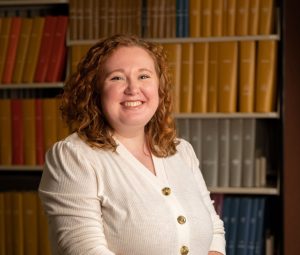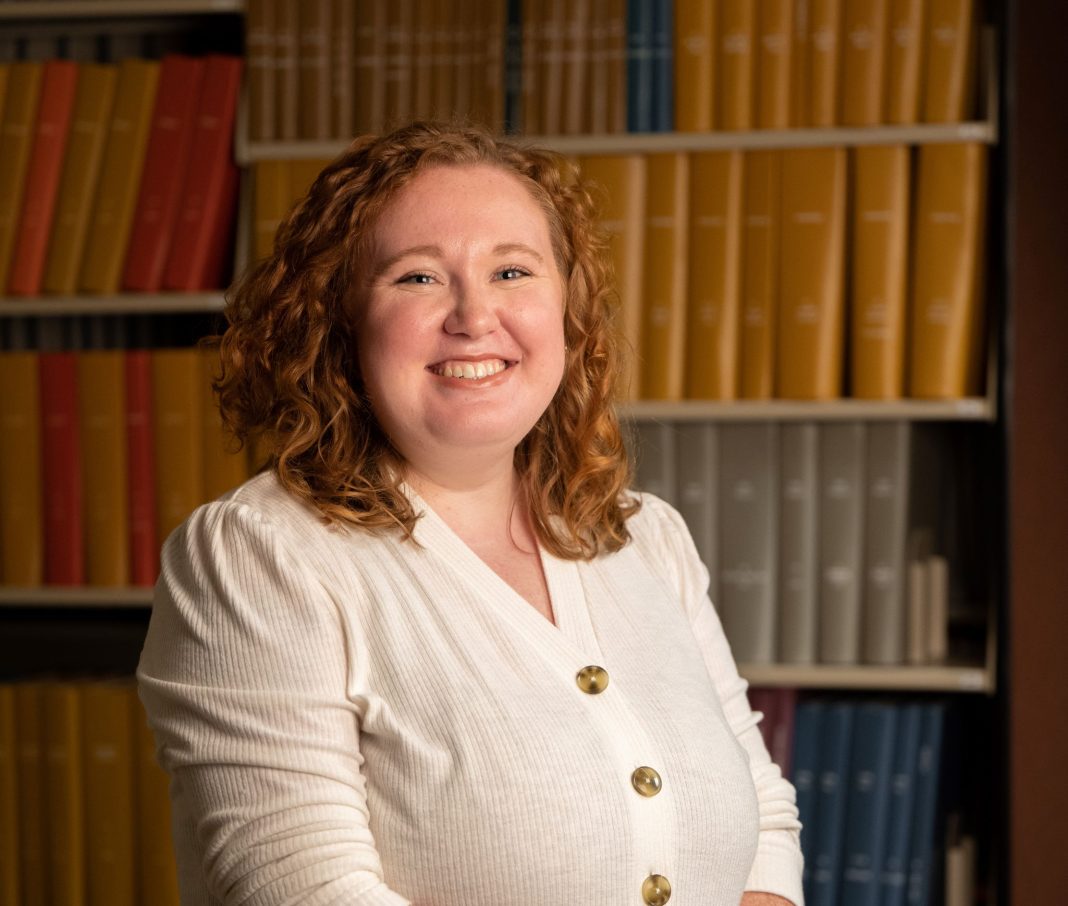Additional “hidden” fees in academic materials such as textbooks, software subscriptions, and laboratory instruments have always been a great concern of students, especially with the increasing cost of attendance at DePauw in the past years. According to the most recent expense breakdown on the DePauw website, these hidden fees are not included in the tuition fee, but in the “additional expenses” section at approximately $950 per student a year. This raises the question of whether or not these fees create academic inequity, especially for students from low and middle-income families.
Out of more than 600 courses, only around 70 explicitly express their required payments on the “Schedule of Classes” section of E-Services, mostly including Arts Studio (ARTS), Music (MUS), Chemistry (CHEM), and Physics (PHYS) classes. This does not account for many other courses that require textbooks and digital platforms. For example, this year, the ECON 294A and ECON 295B homework and quizzes are available only on Pearson, a website that requires a payment of at least $75 for one-semester access. Even though one might argue that it is each student’s choice to attend a class with extra fees after receiving the syllabus, what if it is a core course for a major, and thus unskippable?
Victoria Peters, the Coordinator of Scholarly Communications and Cataloging with the rank of Assistant Professor, has been dedicating her research on Open Education, textbook affordability, and open access publishing. Peters quoted from The Berlin Declaration on Open Access to Knowledge in the Sciences and Humanities, “By 'open access' to the literature, we mean its free availability on the public internet, permitting any users to read, download, copy, distribute, print, search, or link to the full texts of these articles, crawl them for indexing, pass them as data to software, or use them for any other lawful purpose, without financial, legal, or technical barriers other than those inseparable from gaining access to the internet itself."

She highlights that DePauw is the first university in Indiana to pass an Open Access policy in 2014, which states that while retaining copyright privileges with respect to their scholarly articles, “faculty authors will negotiate open-access agreements with scholarly publishers whenever possible.” As written in the Academic Handbook, “Said authors will henceforth grant to DePauw University special permission to make available his or her scholarly articles in the university's institutional repository.” Not only will these documents be freely available online, but the process will also be much faster and economical for authors compared to traditional publication. The open access, however, varies in scope, indicated in their label of Green, Bronze, Gold, or Diamond.
Since joining the DePauw faculty in 2016, Peters has been working on various projects to promote the Open Access Policy. Her team has hosted in-person and virtual workshops for faculty members about open access to “think of class materials as more than just a textbook.” The previously mentioned institutional repository - a.k.a. the “Scholarly and Creative Works from DePauw University” - is her main focus, a platform with textbooks and articles by DePauw faculty and students free to access. The institutional repository also compiles journals and articles from other universities, DePauw archives, and is currently expanding to podcasts and School of Music recordings. According to Peters, faculty members can also apply for grants to create their own teaching materials, combine different open textbooks, and conduct peer reviews for said materials. She also advises students to publish their works onto the institutional repository, which will be convenient for their future use as a work experience.
Despite its great potential, open education advancements as they are now are not without obstacles. Peters states that different publishers have different opinions towards open access, as shown in high pricing for ebooks and restrictions put on library purchasing. The libraries, being just partners in the Open Access efforts and with its current fundings, cannot accommodate these expenses. The libraries, being just partners in the Open Access efforts and with its current fundings, cannot accommodate these expenses. Second, the majority of OER are only digital, which might pose a problem in no-device-policy classes. Non-textbook materials, such as equipment or instruments, are by far not under the OER. At the same time, in spite of certain progress from big OER libraries to provide both textbooks and accompanied assignments, these materials are still not yet sufficiently handled and offered to students. The pace to cultivate open access is also different for each academic field; for example, science research, as data-driven as they are, is easier to publish online compared to humanities works.
Even though there are still ongoing struggles, Peters expresses her hope that as Library Staff offices are transitioned to the Roy O. West Library, the increased visibility will help students and faculty members navigate through the Open Access Policy to strive towards an academically equitable community. To students and student-led organizations, she highly recommends taking a look at the DePauw LibGuide, UNESCO, and SPARC to learn more about OER policies and the movements that transformed the idea of academic open access. Peters also believes that compared to orders from administrators, encouragement from students is more influential to professors to create open materials.
Updated on Sept. 28, 2023, for clarification.



